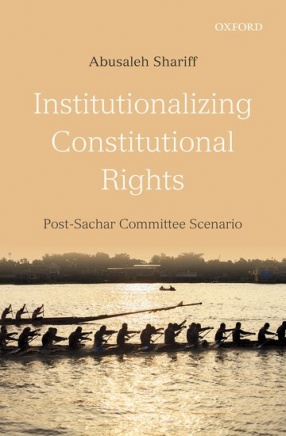
Showing all 7 books

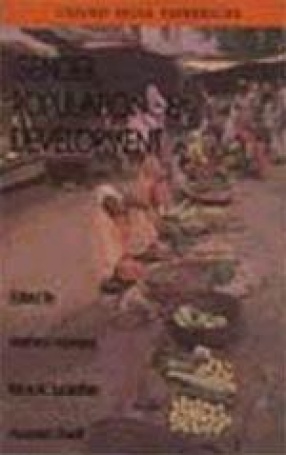


The political discourse in India experienced a fundamental shift when the Sachar Committee Report revealed that despite the national and state governments’ minority development policies and programmes, the Muslim community was among the most deprived and backward, worse off than the scheduled castes and scheduled tribes, in most of the outcome indicators. Many new pro-poor and inclusive policies were introduced as a response to the recommendations of the ...
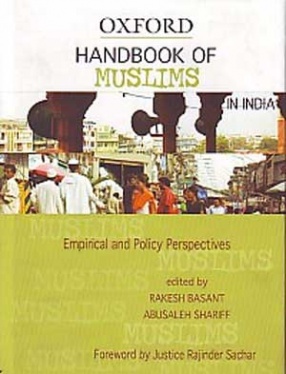
This handbook brings together the most recent work on the socio-economic conditions of the Muslim community in India, using and taking forward the debates and policy questions raised by the Sachar Committee Report (2006).
Using detailed empirical data, the handbook provides a comprehensive understanding of:
* The socio-historical context within which one must situate Muslims in India. * The demographic and educational conditions of Muslims. * The various ...


The links between gender, population and development are complex and specific to historical and socio-cultural contexts. This volume seeks to probe deeper into these not easily recognizable connections between gender and development. It explores and illustrates, through theoretical reviews and empirical accounts, the powerful mediatory effect of gender relations in modifying or reinforcing gender biases. The papers in this volume have a specific thrust, linking ...

The India: Human Development Report is the first study to take stock of the major indicators of human development in the Indian context and link data with people belonging to different population groups within the country. The report provides: A comprehensive compilation of economic and social development data: Based on a primary survey of 33,000 households located in fifteen major Indian states, and the north-eastern region, the report covers: Levels of living, ...
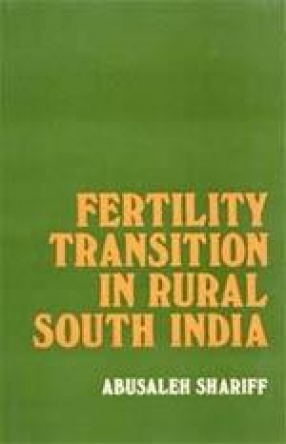
This work reports the socio-economic correlates of the recent fertility decline in the rural areas of south India. After an in-depth discussion of the social and economic explores the aspects of differential fertility, effects of changing family structure, and intra-family relationship on fertility and pattern of fertility decision-making. A micro-demographic research methodology was used to undertake this investigation in a cluster of four villages about 65 km. ...
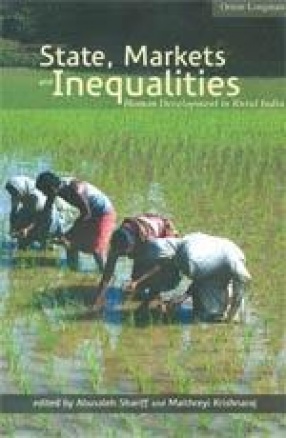
State, Markets and Inequalities fills a major gap in the study of human development in India by addressing the role of social sector planning in alleviating deprivation. It highlights the extent of deprivations across states and amongst social groups. It also analyses the causes-inadequate allocations, wrong prioritization, bad targeting, unimaginative design and insensitive delivery. Is there a mismatch between supply and demand? Is there an ...
